In the vast lands of Xinjiang, a humble yet irresistibly sweet melon known affectionately as the “Grandpa Melon” (Lao Han Gua) is quietly taking the internet by storm.
With its paper-thin skin, abundant juice, soft flesh, and extraordinary sweetness, this melon is so tender that even seniors with weak teeth can chew and enjoy it with ease, hence earning it its charming nickname.
But what truly propelled this fruit into the spotlight is the peculiar way people transport it: Rather than risk damage during transit, travelers hand-carry these melons on the planes, even buckling them into seats like precious cargo. The sight is so absurd that the trend has become viral on social media.
Behind this trend lies a deeper story—one of agricultural transformation, and local pride. In Kashgar, the melon’s primary growing region, local government’s support coupled with modern farming techniques has turned this once-local delicacy into a rising star of standardized and branded produce. Once sold limited to regional markets, Grandpa Melon is now rapidly making its way to nationwide fame.
Today, each hectare yields around 15,000 kilograms of Grandpa Melons, bringing in around $12,500 per hectare. No longer just a sweet treat, the fruit has become a true “wealth melon.”
A single bite of this melon offers more than sweetness—it tells the story of rural revitalization, and reflects Xinjiang’s answer to the nation’s call for progress from the ground up.










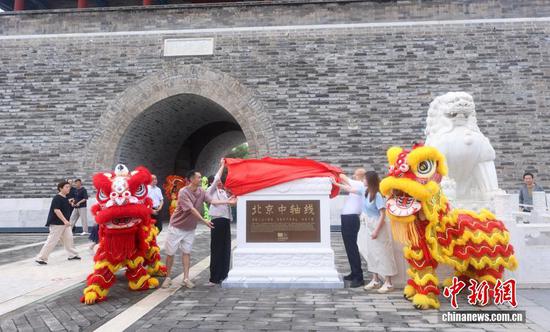
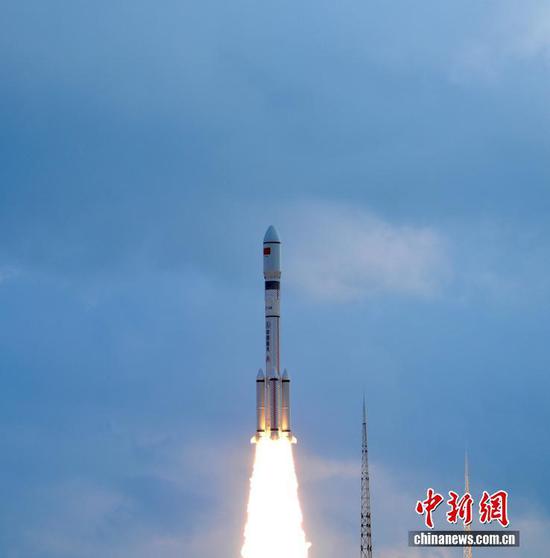

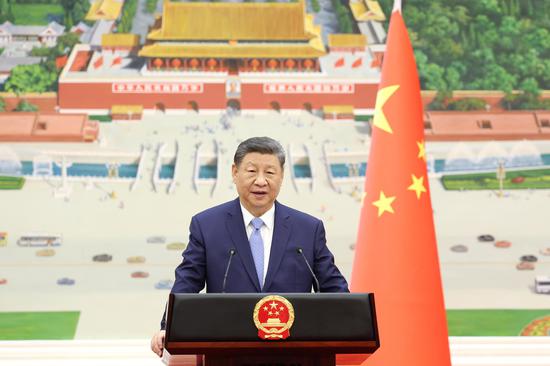
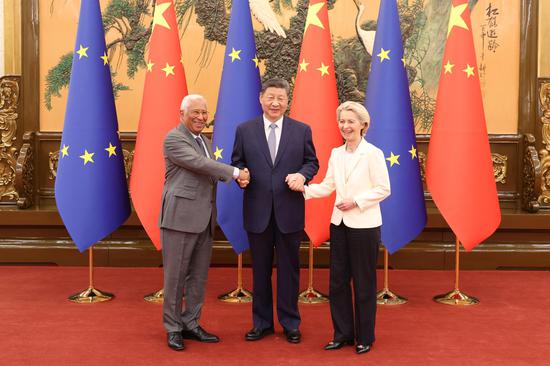


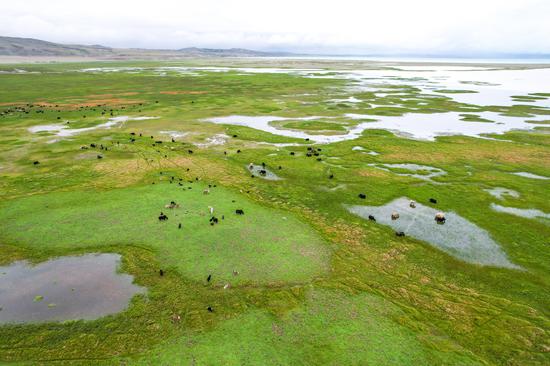





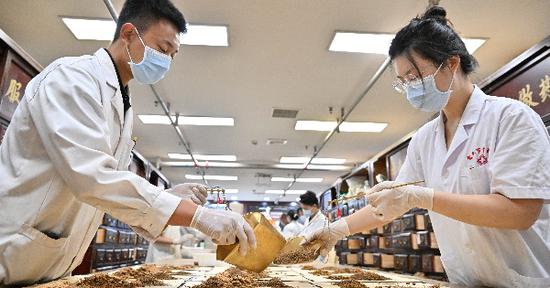

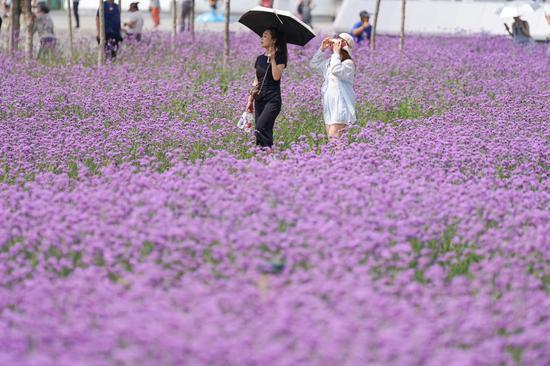
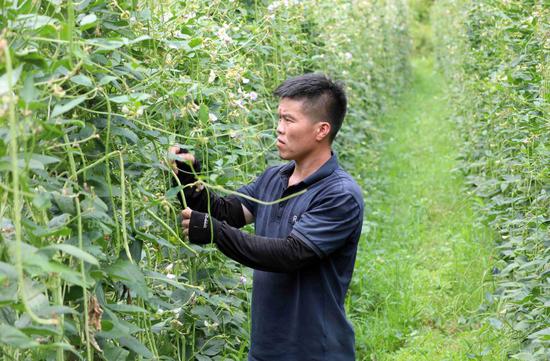





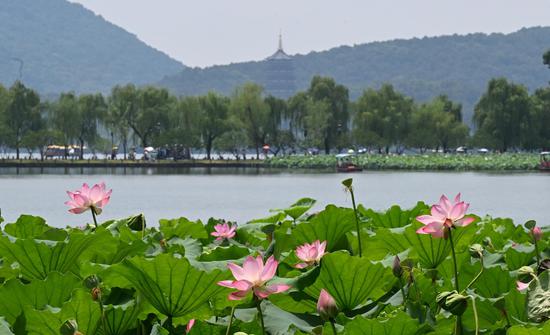
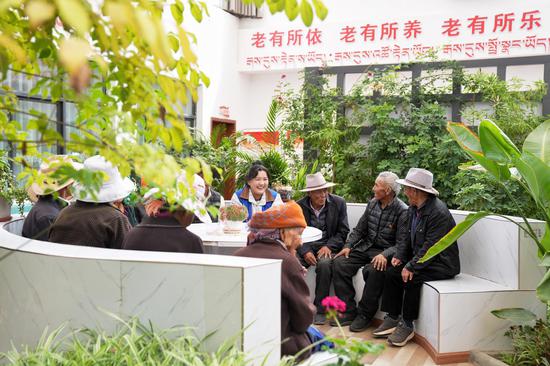














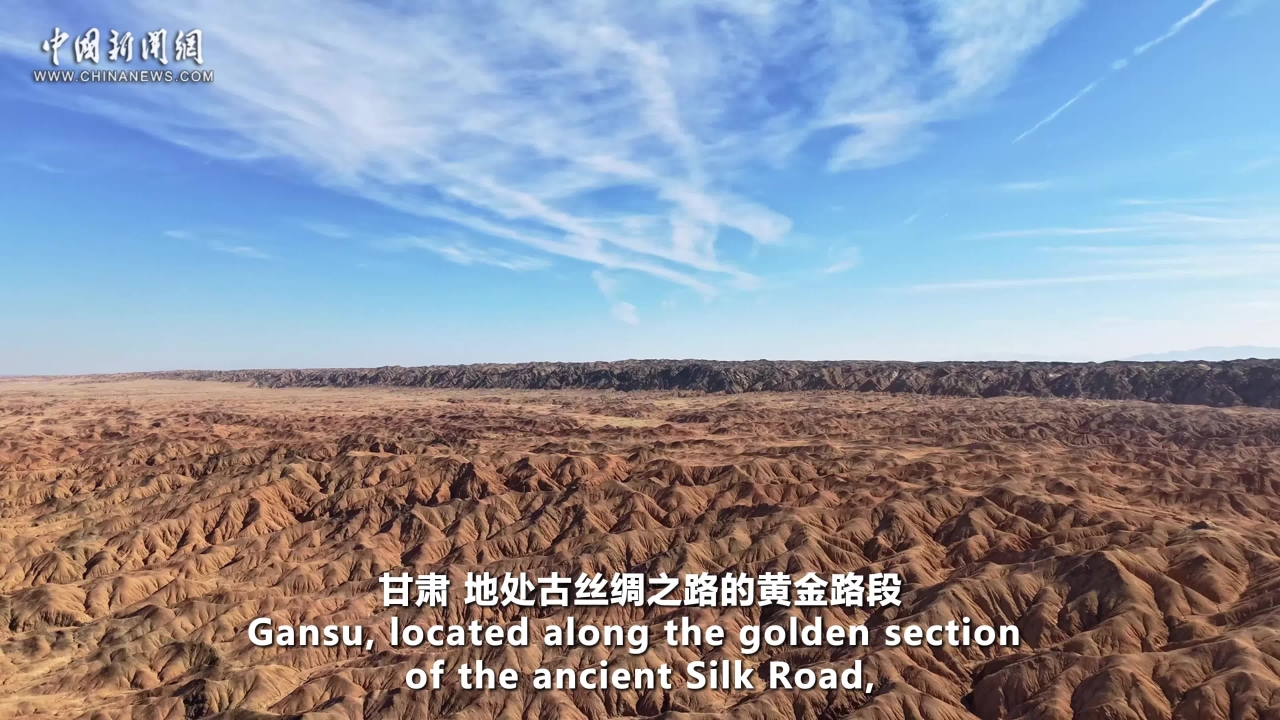

 京公網安備 11010202009201號
京公網安備 11010202009201號